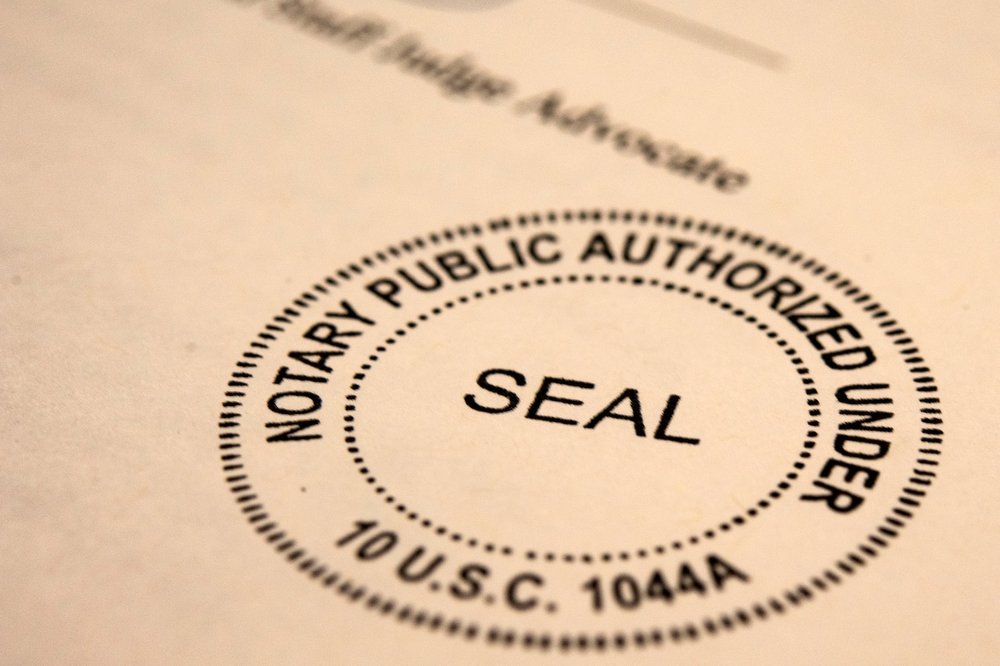JOINT BASE MYER-HENDERSON HALL, Va. - After nearly a decade and a half of war, service members and their spouses are likely familiar with general powers of attorney. The most common type of power of attorney is a durable, general power of attorney. This document transfers nearly every legal right a person has to another individual. Durable means the document survives even if you are incapacitated for some reason (e.g. in a coma in a hospital). Even though a durable power of attorney is what is likely provided to a trusted person during a deployment, it might not be the best power of attorney for everyone who deploys.
If able to make their own decisions now and there is no need in the immediate future for others to act on behalf of those designating a power of attorney, a springing power of attorney may be the best choice. A springing power of attorney is a general power of attorney, but it is not in effect at the time it is signed. Rather, the document springs into effect if and when the designator becomes incapacitated and unable to act on his or her own behalf. When an event occurs that incapacitates the designator, an attorney-in-fact will sign (and have notarized) an affidavit attached to the springing power of attorney.
Once the affidavit is signed, the springing power of attorney is in effect. Still, not all powers of attorney assign every legal right of a person to someone else. There are special powers of attorney that can assign a limited right. Common special powers of attorney include:
- Guardianship (handy when leaving children in the care of someone else. This document will allow the third party to sign school permission slips and make emergency medical decisions on the designator’s behalf.)
- Household goods (especially appropriate when PCSing before transportation can pick up your goods; or your goods will arrive before you do. This is the document for you. Pick someone you trust, and they can act on your behalf to both ship and accept household goods.)
- ID card (appropriate when dependents need to update their ID cards, but sponsors cannot get to the DEERS office with them. This power of attorney allows dependents to process through DEERS without sponsor accompaniment.)
- Military quarters (especially useful when clearing military quarters, but the designator/sponsor is not able to physically be at the final inspection. Instead, a trusted person can be assigned to fill in.)
- Privately owned vehicle (this type of power of attorney allows someone else to buy, sell and register a vehicle on behalf of the designator.)
- Real estate (this document allows someone to purchase and real estate on behalf of the designator, helpful when buying a home at a next duty station but when the designator is unable to attend the closing of the sale.)
- Taxes (this document will allow someone else to file your taxes on behalf of the designator.) This is just a sample of the limited powers one can assign to another person.
For a complete list of legal assistance services and contact information for the closest legal office, visit www.jag.navy.mil.
